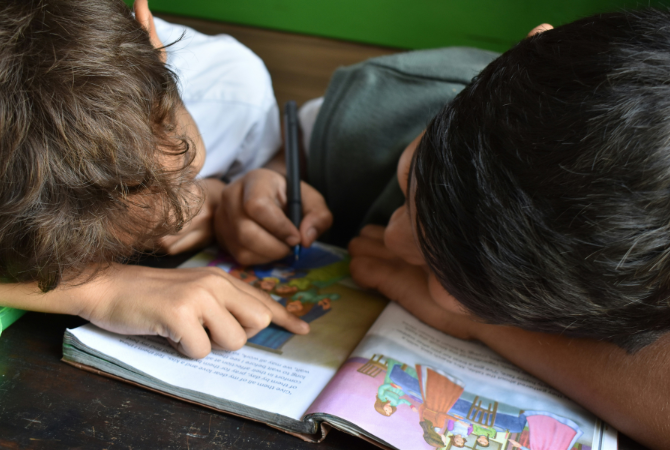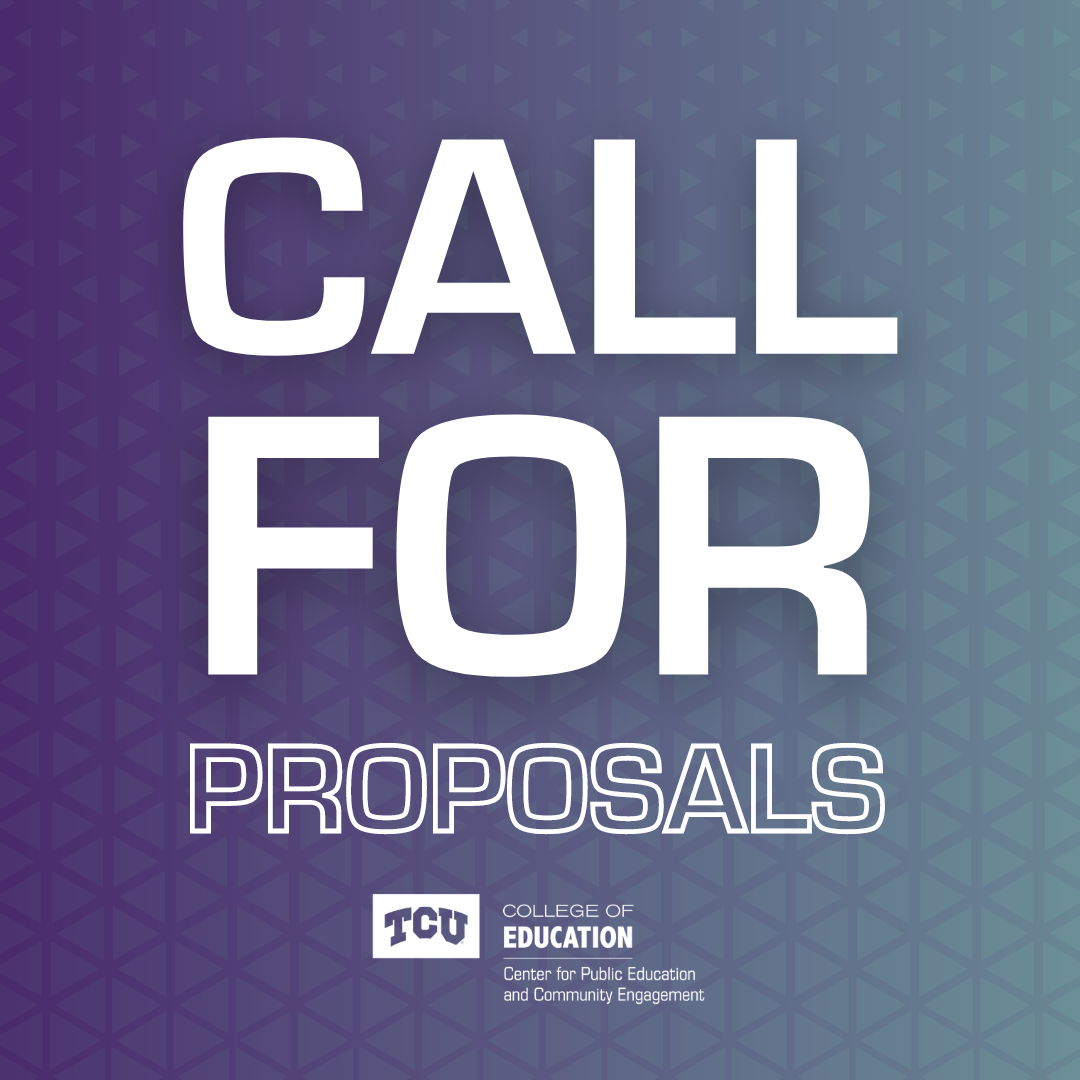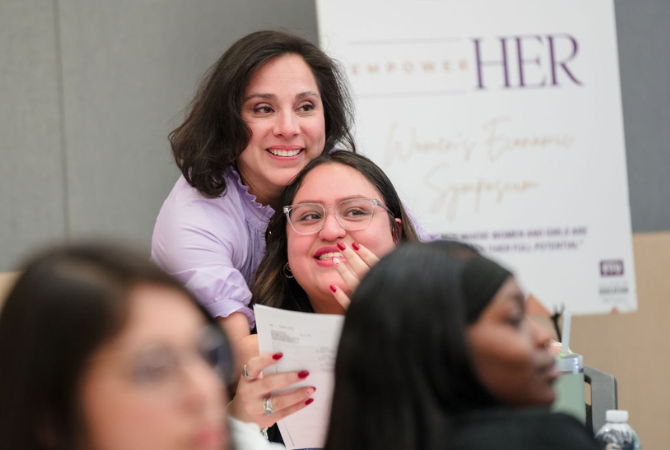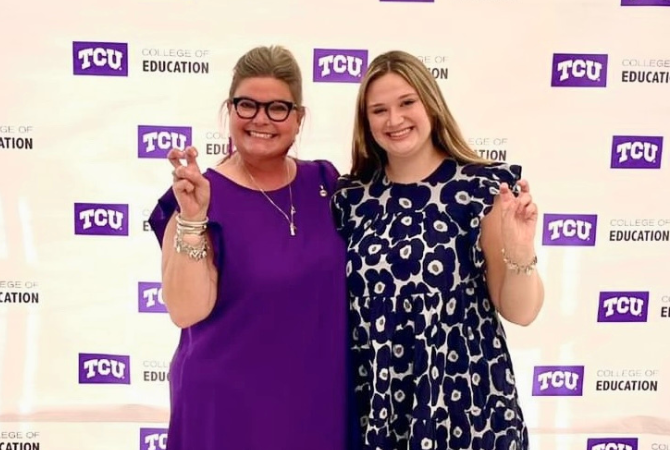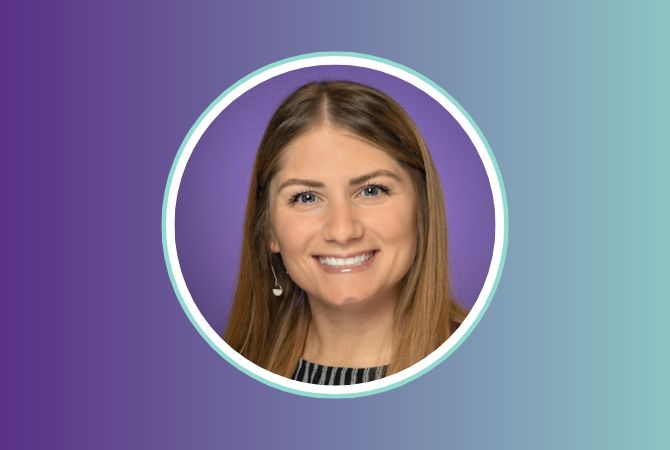 Editor's note: This story has been updated with a new event date. The original event
was delayed due to bad weather.
Editor's note: This story has been updated with a new event date. The original event
was delayed due to bad weather.
College of Education Associate Professor Brandy Quinn is an active part of the Race and Reconciliation Initiative (RRI) at TCU. She sits on the “Engaging Pedagogy” subcommittee to bring the principles, findings and methods of RRI into student experiences at TCU. That conversation is part of the upcoming workshop “Integrating Race and Reconciliation into the Student Experience” on April 1.
Quinn will speak at the faculty workshop about promoting equity-minded practices through syllabus review. Other panelists include Kenneth Chapman, instructor in the Department of Management and Leadership in the Neeley School of Business, and Sean Atkinson, director and associate professor of music in the College of Fine Arts.
We asked Quinn a few questions about her research interests, what to expect from the workshop and why it’s important.
Tell us a little about your research interests.
My research interests are a little different from what this workshop is about. I’m largely a scholar in the field of adolescent development, particularly in the context of schools. I’m especially interested in how adolescents develop a sense of purpose in life and how schools can support that development. I’ve started to look at practices for teachers in schools that can help them create better environments for adolescents, like mindfulness, yoga and self-compassion.
Tell us about the workshop and what you’ll be speaking on.
This particular workshop is going to use the work of crafting a syllabus as a window into thinking about how we provide an inclusive and equitable experience for students, using examples of how we communicate in the language of our syllabi.
At different times in the workshop, we’ll talk about some of our own experiences with shifting the language in our syllabi to better communicate and support equity and inclusion. In a sense, we will discuss syllabus revision as an act of reconciliation. That’s one piece—we’ve all done it in different ways and we’re sharing that.
I will also be introducing a syllabus revision tool, which comes from the Center for Urban Education at USC. They have a freely available tool that takes you through a few different protocols to investigate currently existing syllabi for DEI practices.
The reason I’m drawn to this syllabus work is that it gives people a concrete way to examine their own practice. It doesn’t represent everything they do as a teacher, but it’s a good window in. It gives them something to revise and act from.
The thing that may be unexpected by those who are looking at this workshop and wondering if it’s for them, it’s not just syllabus content. It’s about all the other languaging and policies that are in a syllabus. That’s interesting to me, that faculty members across disciplines can take steps to create a more equitable and inclusive environment across classes at TCU, no matter their discipline. It’s not just what we teach, but how we teach.
Why is it important?
My adolescent development work is integrated with aspects of educational psychology. One of the things we know is that people will not learn if they don’t feel connected or if they feel threatened—the brain doesn’t work that way. This work around enabling students to have a more equitable and inclusive classroom experience is important on its own, but to the learning process as well. If we care that students learn, we have to make sure that everyone feels connected and included. The things that worked for me as a student, might not necessarily make everyone feel included.
Anything else you’d like to add?
One of the threads we’ve really landed on is that in some ways this may be about a humanization of the syllabus. A lot of times we get into legalistic language in syllabi, and there are good reasons for that. But as I think about the changes we’ll discuss, they’re all examples where we have tried to clearly communicate expectations and requirements, but do so in a way that reminds everyone in the class that we are all individuals dealing with other individuals. No matter what your circumstances are, there is a way for you to succeed in a course. Futhermore I, as your instructor, am committed to creating conditions for your success.
The panel is diverse in discipline, so it’ll allow a lot of people to find a hook in. I don’t think any of us [on the panel] view this as the “end all, be all” of RRI work in the classroom, but it’s a good way to get started.
For more information about the workshop and the Zoom link, visit the TCU Calendar.
